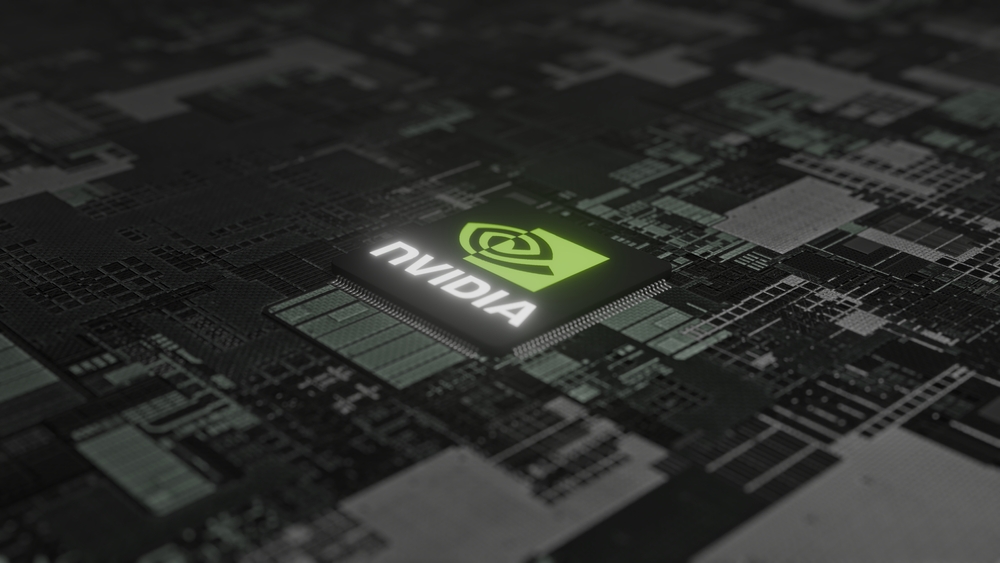
Amid fears of rising inflation, unemployment, and tariffs, one of the most overlooked problems facing the U.S. economy is happening right beneath its nose: electricity costs are soaring.
Average U.S. electricity prices have risen sharply since 2021 just as the artificial intelligence boom fueled by large language models began taking off.
Prices have climbed from around $0.14 per kilowatt-hour to nearly $0.19, a jump of roughly 35%, according to FRED data charted by Brian Potter of the Institute for Progress.
“This is the biggest financial problem our society faces,” wrote Spencer Hakimian, founder of Tolou Capital Management. “Why is no one talking about it?”
The spike reflects a mix of pressures: turbulent natural gas prices following global energy shocks, the high upfront costs of the renewable transition, inflation, and expensive grid upgrades. Increasingly, AI and data centers are adding to the strain.
Running large language models like ChatGPT requires far more electricity than traditional cloud computing. Training a GPT-scale model can consume megawatt-hours in a single session, while inference at scale demands continuous, high power draw.
The buildout shows no sign of slowing. Tech giants, including Microsoft, Amazon, Alphabet, and Meta Platforms, have pledged to invest hundreds of billions of dollars in new data centers, with hyperscale campuses already reshaping local power grids across the country.
So, while AI remains one of Wall Street’s hottest investment themes, its growth story comes with a rising price tag.
Implications for consumers, inflation, and markets
The fallout from rising electricity costs is wide-ranging. Consumers face higher utility bills that feed directly into headline inflation, energy-intensive industries risk eroding profit margins, and utilities are under pressure to expand capacity quickly — often through costly upgrades.
According to The New York Times, electricity rates for small businesses could climb sharply as Big Tech giants continue their data infrastructure buildout.
For investors, electricity prices have shifted from a household burden to a macroeconomic force with direct consequences for Big Tech, utilities, and the broader stock market.
Ed Crooks, vice chair for the Americas at Wood Mackenzie, noted that higher power costs also undermine President Trump’s pledge to reduce energy bills.
“Public concern over electricity bills is growing,” Crooks wrote, citing an April survey by PowerLines that found 63% of respondents said rising electric and gas bills added financial stress.
Crooks added that “upward pressure on prices is expected to continue,” driven not only by the rapid growth of AI data centers but also by new manufacturing investments that will further strain the grid.
Your email address will not be published. Required fields are markedmarked